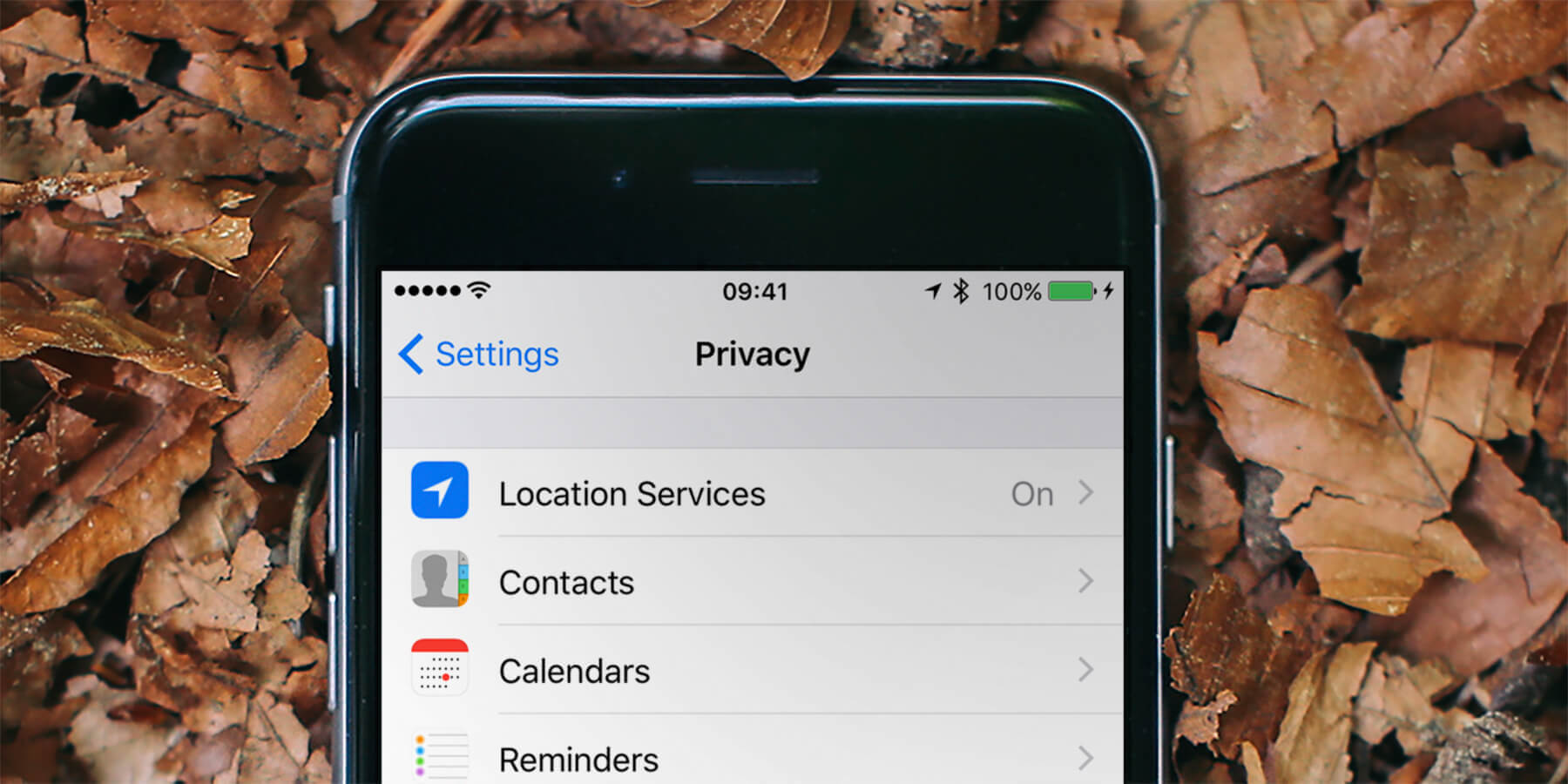Apple has published a formal letter to the UK government, warning against its proposed “investigatory powers bill.” If the bill passes into law it could force Apple to reduce the encryption on its devices, which it argues would be a huge blow to the privacy of its customers.
The UK proposed the draft bill in early November. We suggested Apple wouldn’t be too happy about it, but this is the first time the company has officially spoken out on the matter. Apple says the bill “threatens to hurt law-abiding citizens,” and would fail to to stop those the government is targeting, who have “a variety of ways to carry out their attacks.”
Read more: what does Apple do with our personal data?
iMessage and FaceTime use end-to-end encryption, meaning only the sender and the recipient are able to “decode” the correspondence. Nobody can intercept the communications – not even Apple. UK Prime Minister David Cameron, who supports the proposition, thinks these kind of closed, private communications could be used by terrorists to plan attacks.
The wording of the bill is slightly ambiguous, but the implication is that Apple would be forced to build in “back door” access to private data, to be used exclusively by law enforcement agencies. Tim Cook reiterated his opposition to building in a back door in the 60 Minutes interviews which aired this weekend. As Apple’s letter puts it, “a key left under the doormat would not just be there for the good guys. The bad guys would find it too.”
This type of encryption would be banned under the new bill, which could mean Apple having to choose between weakening its own services or pulling sales from the UK completely. A similar bill has already been thrown out of parliament in the US after opposition from many of the world’s largest tech companies – Apple included.
The full letter can be read over at 9to5Mac.

